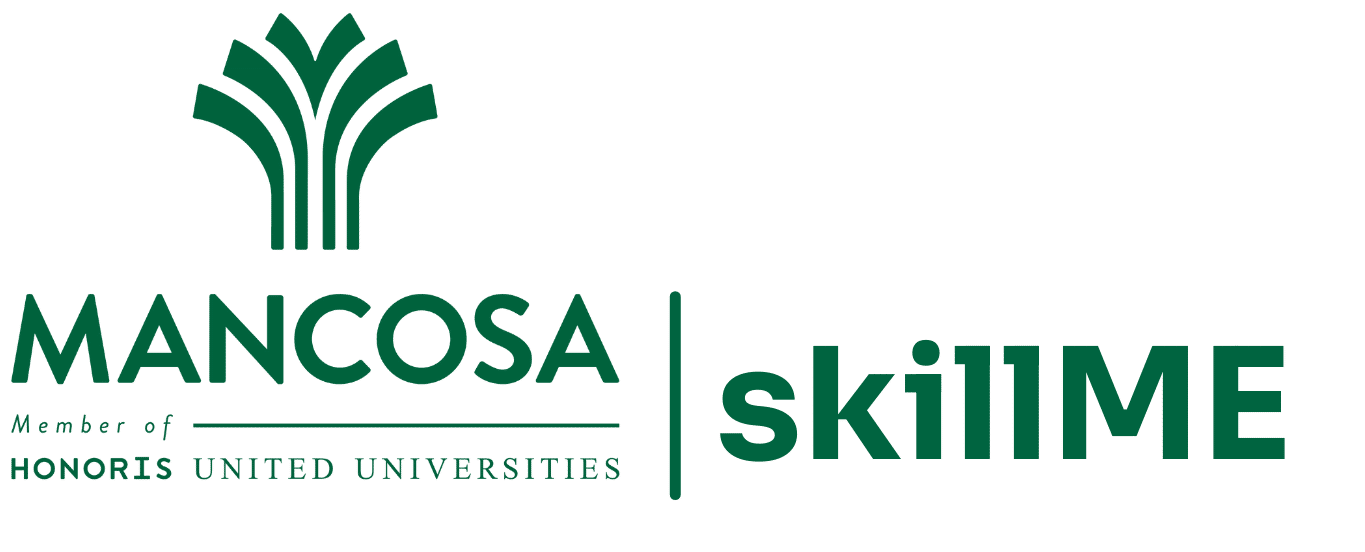
You’ve worked hard, passed your exams, and finally have that certificate or degree in hand. But as you step out of the classroom and into the job market, a new reality hits: getting hired is tougher than expected. You’re not alone.
Every year, thousands of young South Africans graduate, only to find themselves stuck in a frustrating limbo. They’re qualified, but not necessarily workplace-ready. And in today’s competitive economy, that gap can be the difference between landing your dream job and staying unemployed.
This blog explores what workplace readiness truly means, why it’s essential for long-term success, and how short programmes like the skillME Workplace Readiness Programme can help young people develop the skills and confidence they need to thrive in the world of work.
The importance of workplace readiness for youth
Stepping out of the classroom and into the working world can feel like leaping off a cliff, especially when young graduates realise that a qualification alone doesn’t guarantee success.
For many South African youth, the transition from college to career is marked by uncertainty, primarily due to a lack of workplace readiness.
What is workplace readiness?
Workplace readiness refers to the essential skills, behaviours, and attitudes young people need to thrive in professional environments.
It extends far beyond academic knowledge, encompassing essential skills such as communication, time management, problem-solving, and teamwork, which are all considered equally important, if not more so, than technical skills by employers.
Yet, thousands of graduates leave universities and colleges each year with little to no exposure to these realities.
A 2023 report by Stats SA revealed that youth aged 15-34 years had an unemployment rate of 45.5%, significantly higher than the national average. One of the core reasons? A mismatch between theory and practice.
Challenges facing young graduates
Imagine a recent marketing graduate. She aced her exams, wrote a stellar thesis, and has a shiny degree to show for it, but at her first job interview, she freezes when asked to present a mock campaign.
She’s never had to pitch in front of people before. She’s never worked with a team under tight deadlines. Like many others, she’s unprepared – not because she lacks intelligence, but because she lacks real-world readiness.
This disconnect can hold youth back from launching their careers successfully. Graduates often report feeling overwhelmed in their first jobs, unsure of how to navigate office politics, manage their time effectively, or collaborate efficiently.
These gaps not only delay personal career progression but also reduce their confidence at a crucial time in their professional lives.
How workplace readiness training helps
Workplace readiness programmes are designed to bridge this gap, offering structured training in areas like:
- Professional communication
- Digital literacy and remote work tools
- Problem-solving and critical thinking
- Team collaboration and adaptability
These skills are not just “nice to have”, they are necessary. According to a World Economic Forum Future of Jobs Report, workers can expect 39% of their skills to be transformed or outdated between 2025 and 2030. Equipping young people with these competencies early on gives them a significant head start.
Empowering long-term career success
Workplace readiness isn’t just about landing that first job. It’s about setting the stage for long-term success.
As job markets shift and industries digitise, having adaptable, resourceful, and emotionally intelligent employees becomes increasingly vital. A graduate who understands how to manage conflict, meet deadlines, or lead a project will always stand out.
Building a stronger South African workforce
From a national perspective, investing in youth readiness is an investment in the economy.
When young people are equipped to contribute meaningfully to the workplace, productivity rises, businesses grow, and innovation thrives.
In essence, workplace readiness transforms potential into performance, giving South African youth the tools to not only dream big but also build those dreams.
7 Essential work readiness skills to ensure success
Getting a foot in the door is only the beginning. For young professionals to thrive in the workplace, they need more than just a qualification – they need a solid set of work readiness skills that employers actively look for when hiring. These are the tools that turn a CV into a career.
While academic learning provides the foundation, it’s the blend of technical (hard) skills and soft skills that prepares young candidates to step confidently into their first job. Here are seven essential skills every job seeker should develop to stand out and succeed:
1. Communication skills
Clear communication (both verbal and written) is at the heart of every successful workplace. Whether it’s drafting professional emails, presenting ideas in meetings, or resolving team conflicts, being able to express yourself clearly and listen actively is a game-changer.
For example, imagine Neo, a junior graphic designer, is working on a project for a client. If he doesn’t communicate delays or misunderstandings clearly to his manager, it could derail the entire timeline. But with strong communication skills, he can confidently update the team and keep things on track, boosting trust and professionalism.
2. Time management
In today’s deadline-driven world, managing your time effectively is essential. Employers want people who can prioritise, meet deadlines, and juggle multiple responsibilities without falling apart. It shows that you’re not just busy, but also productive.
3. Teamwork and collaboration
Modern workplaces rely heavily on collaboration, whether in physical offices or virtual teams. Working effectively with diverse groups demonstrates emotional intelligence, open-mindedness, and a willingness to contribute to a shared goal.
For example, let’s imagine Lerato joins a marketing team where members are based in Johannesburg, Cape Town, and Durban. Her ability to collaborate effectively via video calls, shared documents, and group chats shows she’s a great team player.
4. Problem-solving abilities
Employers appreciate staff who can think critically, troubleshoot challenges, and take initiative rather than constantly seeking help. After all, problem-solving isn’t about always having the right answer, it’s about knowing how to find it.
According to the World Economic Forum, problem-solving ranks among the top skills needed for the future of work. Whether it’s resolving a customer complaint or finding a more efficient process, being able to evaluate situations and offer thoughtful solutions is a valuable trait.
5. Digital literacy
In a world where Zoom meetings, Google Docs, and Slack are the new norm in the office, being digitally literate is essential. Young professionals must know how to use basic digital tools and adapt to new platforms quickly.
For example, a graduate who can confidently navigate Microsoft Excel, manage virtual meetings, or collaborate on cloud-based platforms like Trello or Asana brings immediate value to any team.
6. Professionalism and work ethic
Professionalism isn’t just about dressing well, it’s about showing up on time, taking responsibility, following through, and treating others with respect. A strong work ethic helps build trust and lays the foundation for a strong career trajectory.
Internships and part-time jobs during studies are a great way for students to develop these habits early. Employers ultimately hire people they can rely on.
7. Adaptability and resilience
Workplaces are constantly evolving with the introduction of new software, shifting team structures, and unexpected challenges. The ability to stay calm under pressure, pivot when needed, and recover from setbacks is what transforms a good employee into a great one.
For example, after a company restructuring, a project manager’s role shifts to include remote client management, which is something they’ve never done before. Instead of panicking, they upskill with short online courses and adapt, proving their value to the company.
How a workplace readiness programme can boost your confidence
It’s one thing to know what skills employers want, and it’s another thing to feel confident using them. For many young people, the biggest barrier to launching their career is self-doubt. That’s where a Workplace Readiness Programme can make all the difference.
One powerful option available in South Africa is the skillME Workplace Readiness short course powered by MANCOSA. This short, practical course is designed specifically to help young jobseekers transition smoothly into the world of work.
Here’s what it includes:
- Soft skills training: Communication, time management, teamwork, and emotional intelligence.
- Professional skills: CV writing, interview prep, digital etiquette, and workplace professionalism.
- Real-world application: Interactive scenarios and assessments to help you apply what you’ve learned.
- Short course format: Flexible, practical, and ideal for students, graduates, or young professionals.
Whether you’ve just finished studying or you’re struggling to land your first job, this programme is an excellent stepping stone. It builds your skill set and boosts the confidence you need to walk into an interview or your first day at work with your head held high.
Register for a skillME workplace readiness course
If you’re looking to prepare yourself for workplace readiness, you can have a look at skillME’s Workplace Readiness Programme.
skillME also offers a range of business courses, including project management, communication, conflict management, and other relevant topics. You can have a look at these short business courses here.


